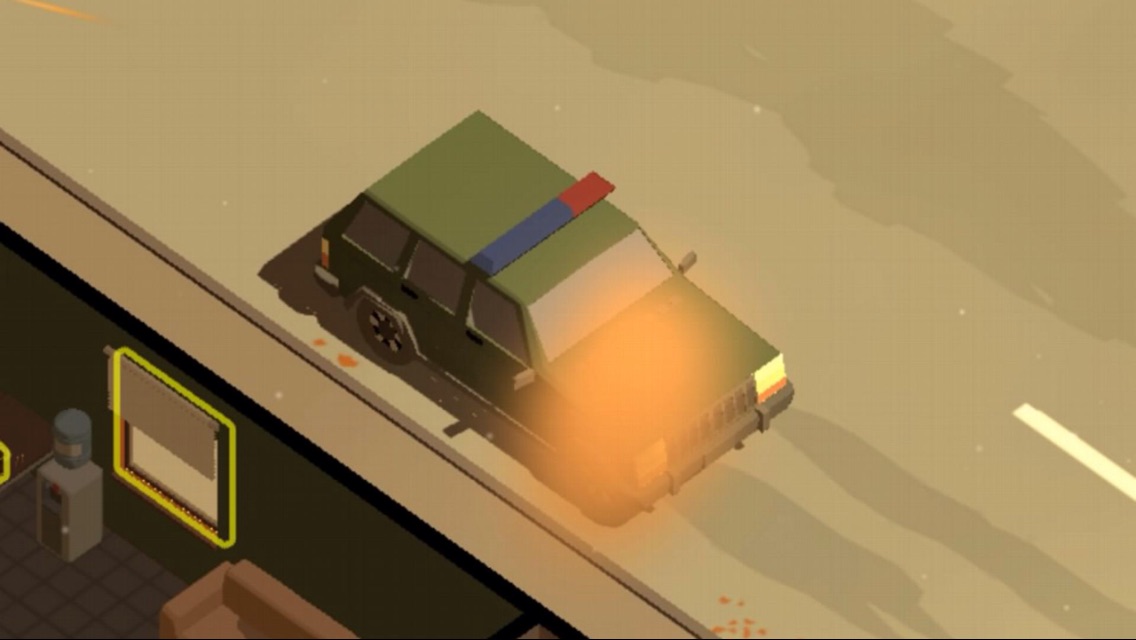
I become more and more obsessed with Mifune each and every time I see him and there's no doubt he's one of the greatest actors to have every appeared in a movie. Kurosawa's direction is masterful throughout but the performances also deserve a lot of credit. I thought the structure of how the police would do their job was even more interesting because of one of the first sequences where we see all the detectives gathered in a room and talking about the evidence they have gathered in their small parts of the case. The second hour, dealing with the police looking for the kidnapper, is just as interesting, although not as suspenseful. I think there's a strong message of greed and its evils but also the differences between how the rich and poor can go about such tense situations. Even more interesting in this first hour are how the police are more interested in the father who has the money instead of the father who's son is actually missing. It's even more interested seeing how his morals come into play when he thinks it's his son who has been kidnapped and how those morals change when he finds out it's someone else's. The way Kurosawa constructs the action and dialogue sequence is masterfully done and this includes the opening sequence where the father is playing the businessman and laying down certain morals on how a company should make its products. That still doesn't mean people shouldn't check out this film because the first two hours among some of the most suspenseful moments I've seen from any thriller.

The pay off to the film really didn't work for me and I'd also add that the whole Dope Alley sequence didn't work either.
KUROSAWA THIS IS THE POLICE 2 MOVIE
The first two hours of this movie is a pure masterpiece, although for me it started to slag during the final twenty-minutes.
KUROSAWA THIS IS THE POLICE 2 HOW TO
This is another incredibly impressive film for director Akira Kurosawa who certainly knows how to tell a story and get every bit of suspense out of it. However, things change when it turns out the kidnappers actually took his chauffeur's son instead. Before he can do this he gets word that his son has been kidnapped and he has no problem exchanging his money for the life of his son. High and Low (1963) *** 1/2 (out of 4) Toshiro Mifune plays a rich executive at a show company who is about to take all his possessions and put it into the company so that he can take it over. However, it was very disappointing to see that this DVD had NO EXTRAS!!! That's a little unusual for a Criterion DVD-so often they have great special features-often several.

The picture quality was absolutely PERFECT-like the print was just made yesterday. Instead, it's an ensemble film starring many actors you might recognize from previous Kurasawa flicks. The acting is also top-notch, though it is not a "Toshiro Mifune" movie per se, as he barely appears in the second half of the film. Some might consider it to be a bit slow, but I loved how they fused a human drama with the step-by-step police work (similar to a Law And Order episode in how it unfolds, but in even greater detail and attention to realism). Particularly outstanding in this film is the pacing. The second half of the film is centered on the forensics and police footwork done to try to bring the perpetrators to justice. He struggles with whether or not to pay the extremely high ransom, as it will likely bankrupt him and his family. It seems the kidnappers accidentally kidnapped the chauffeur's son and not the one belonging to corporate big-shot Mifune. The first half of the film centers mostly on the Toshiro Mifune character and the impact of the kidnapping on him. High And Low is set in contemporary Japan and it's the story of a kidnapping. Among the best of these non-samurai movies are Ikiru, Scandal, The Bad Sleep Well and this film.

In fact, most of his films were NOT about the samurai culture, but about modern Japan. Too often when people talk about Akira Kurasawa, they emphasize the samurai movies he made so much that the average film buff might incorrectly assumed that's all he did.


 0 kommentar(er)
0 kommentar(er)
